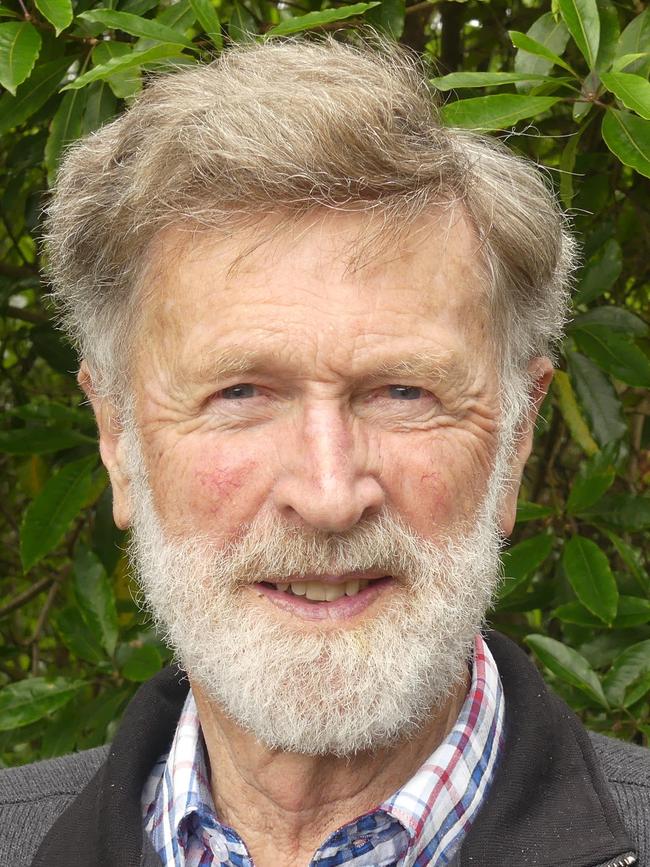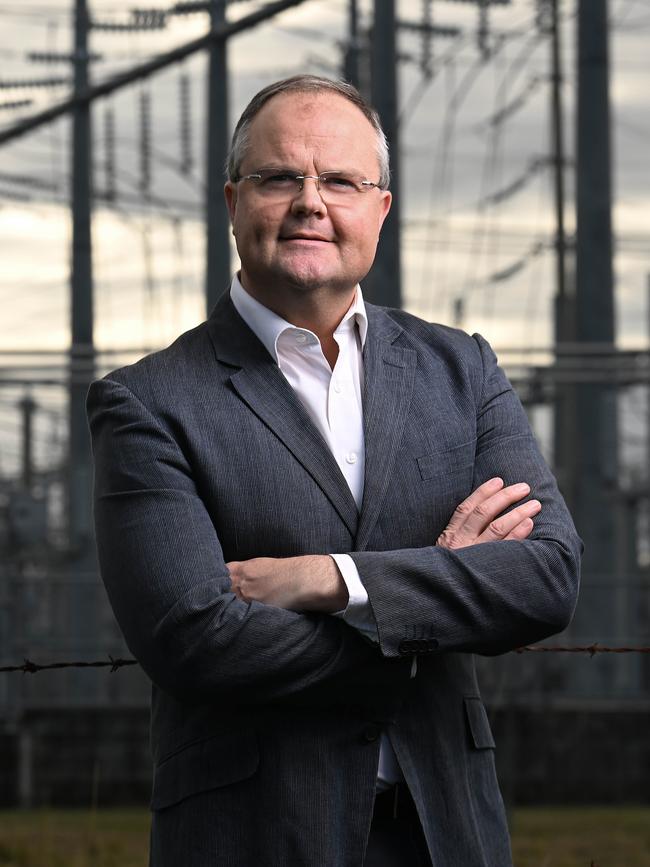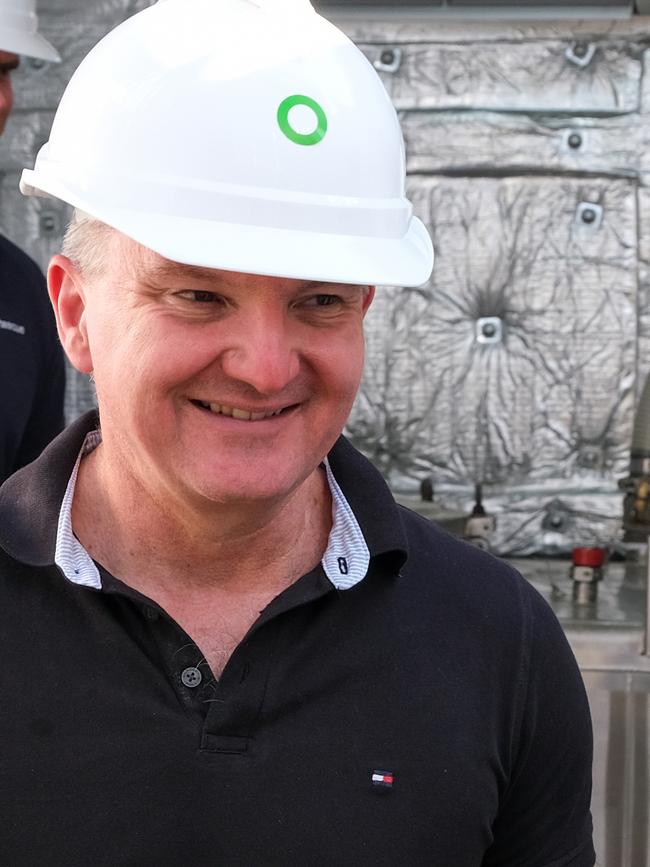Revealed: Countries with cheap nuclear power
The federal government says nuclear is the most expensive form of power – but the reality is many places with the technology are paying less for their electricity than we are. See the full list.
Federal government assertions that nuclear is the most expensive form of power are not borne out by international analysis, which shows some jurisdictions with nuclear enjoy cheap electricity.
In the US, government data shows Washington, Nebraska, North Carolina and Missouri are all in the top 10 cheapest states for electricity for residential customers – and all have nuclear power as part of their mix.
Of all 50 states in the US, electricity is cheapest in Washington, where consumers pay just 10.26 cents per megawatt hour (mW/h) — as much as half of what many Australian consumers are paying. Almost eight per cent of Washington’s electricity comes from nuclear.
Conversely, some of the states with the most expensive electricity – Rhode Island, Alaska, Massachusetts and Hawaii – do not have nuclear power.
In Europe, countries with a heavy reliance on nuclear-generated electricity such as Bulgaria, Hungary, Spain, Slovakia and Slovenia pay cheaper than median rates for their power.
And in France, where 69 per cent of the country’s power comes from nuclear reactors (the highest in Europe), power bills are about the median for the continent.
Electricity costs are based on a multitude of factors, including global fossil fuel prices, local subsidies and regulations, and corporate profit margins. Every state and country generates its electricity in a different way – some have a heavy reliance on coal and gas, some favour renewable sources, and others use nuclear power.
According to Finder.com.au, the average domestic cost of electricity in Australia is between A22.88c and A35.38c per kWh (US14.99c-23.18c). If Australia was a state of the US it would be somewhere between 37 and 47 in a list of all states, ranked according to the cost of electricity.

The Federal Government has vehemently rejected calls to investigate the development of a nuclear energy industry in Australia, even after the acquisition of nuclear-power submarines under the AUKUS pact, with Climate Change and Energy Minister Chris Bowen terming it “the most expensive form of power”.
But analysis of the overseas markets shows many jurisdictions with nuclear have cheap power – although it should also be noted other nuclear power users, such as California and Belgium, do have more expensive bills.


Australian energy industry expert Tony Wood said the international comparisons suggested there was no correlation between the local cost of electricity and whether that jurisdiction had nuclear power.
Critics of nuclear power have pointed to the development of the Hinkley Point reactor in the UK, currently running 14 years late and with a cost almost double its initial £18bn (A$37bn) budget, as an example of the runaway costs involved with the technology.
But Mr Wood, who is also an executive director of the Grattan Institute, said the blowouts on the Hinkley Project project were because “everything is being done on a bespoke basis” and Australia could avoid such cost pitfalls by learning from other countries’ mistakes.
While Australia could turn to renewables for most of its electricity, Mr Wood said, to rely on wind, solar and batteries for that ultimate system backup “either doesn’t work or is really expensive”.
“We don’t have a simple solution to that last 10 per cent of the grid,” he said.
“Is it going to be gas, is it going to be hydrogen, is it going to be nuclear? Unless someone says it is definitely going to be A, B or C, it means the government’s position is, in that part of the argument, not complete.”


John Harries from the Australian Nuclear Association said the use of examples such as Hinkley was like “pointing at Snowy 2.0 and saying that’s typical of all hydro plants”.
“Other parts of the world manage to build nuclear power plans much cheaper, and they build them on time and on cost,” he said.
Shadow Minister for Climate Change and Energy Ted O’Brien said countries that use nuclear power “know that it drives prices down and that’s why they want more and more nuclear in their energy mix in the future”.
“The world is embracing zero-emissions nuclear energy because it solves for the energy trilemma of affordability, reliability and emissions reduction,” he said.
Mr O’Brien said the Coalition was in the advanced stages of developing an ‘All-of-the-Above’ energy policy “in recognition that getting to net zero is difficult and requires all technologies to be on the table for consideration”.
Climate Change and Energy Minister Chris Bowen said “No credible research shows that nuclear generation brings electricity prices down.”
“This ‘analysis’ ignores massive Government subsidies for nuclear overseas, and it still shows the majority of the most expensive countries for electricity in Europe use nuclear,” he said.
Newspoll survey results released this week showed 55 per cent of voters are now in favour of small module nuclear reactors.
More Coverage
Originally published as Revealed: Countries with cheap nuclear power





